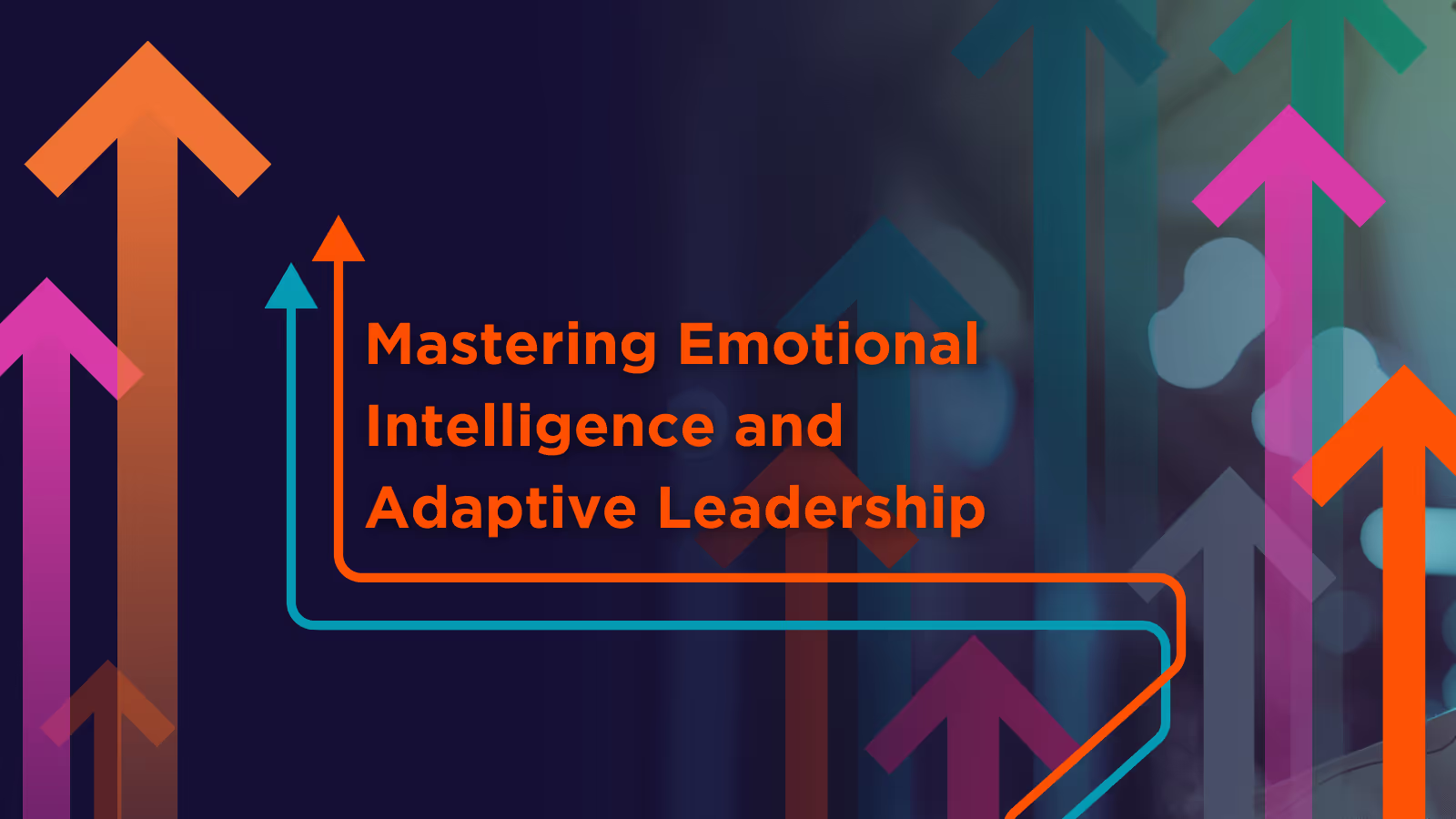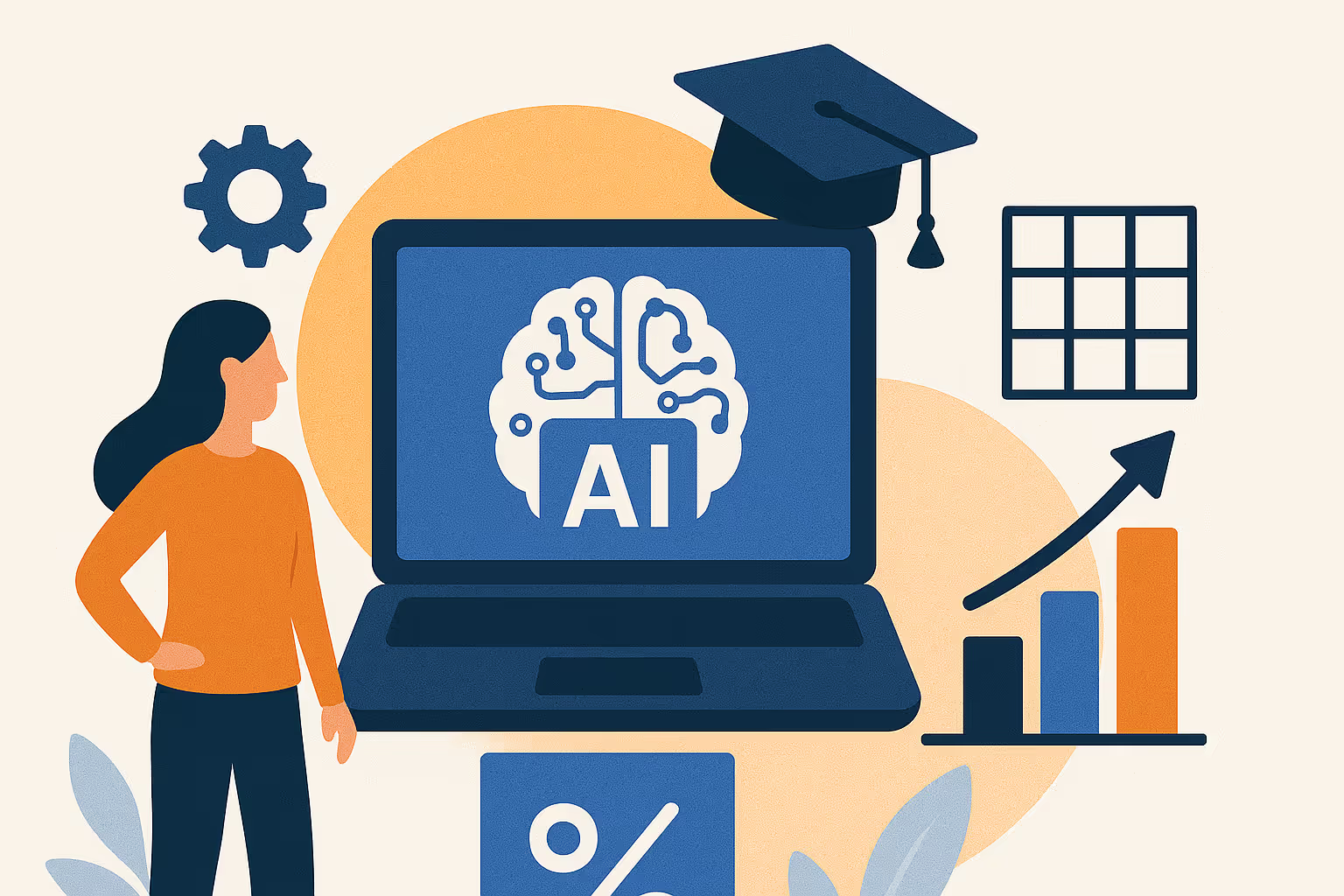About the Blog
Leadership in today’s dynamic world requires more than just technical skills.
Emotional intelligence and adaptive leadership are crucial tools for navigating complex challenges, fostering collaboration, and achieving long-term success. In Module 6 of Lessons in Leadership with Dr. Carrie Phillips, she explores these concepts and offers actionable insights and strategies you can apply in your career immediately.
It’s time to discover the core takeaways and how they can empower you as a leader.
Your Leadership Action Plan:
- Enhance Self-Awareness: Reflect daily on emotional triggers and patterns to better understand your responses in challenging situations.
- Practice Self-Regulation: Pause and take a deep breath before responding to ensure thoughtful and effective communication.
- Cultivate Empathy: Pay close attention to team members’ body language and tone to understand their emotions and perspectives.
- Leverage Adaptive Leadership: Break down complex challenges into smaller, actionable tasks and involve your team in brainstorming solutions.
- Get on the Balcony: Step back to observe the bigger picture and identify patterns or root causes affecting your team’s progress.
- Regulate Stress Effectively: Encourage short breaks and monitor stress levels to maintain a productive and balanced team environment.
- Focus on Active Listening: Paraphrase key points during conversations to show understanding and ensure alignment.
- Invest in Personal Growth: Schedule regular feedback sessions with a trusted mentor or peer to identify areas for leadership development.
What You’ll Learn About Emotional Intelligence
Emotional intelligence (EQ) is the ability to recognize and manage your own emotions while understanding and influencing the emotions of others.
- Self-Awareness: The first step in emotional intelligence, helping leaders identify their emotional triggers and tendencies in various situations.
- Self-Regulation: The ability to control impulsive reactions and respond thoughtfully, maintaining professional relationships.
- Empathy: Understanding and valuing others’ perspectives to strengthen connections and build trust.
- Social Skills: Building meaningful connections and fostering collaboration through effective communication.
Leaders with high emotional intelligence excel because they create environments where communication flourishes.
They understand others’ perspectives and address conflicts with sensitivity, making them better equipped to handle team dynamics. Furthermore, empathy and active listening help build trust and authenticity, ensuring team members feel heard and supported. These attributes also allow leaders to balance emotional and logistical needs, particularly during high-pressure situations where tensions may arise.
Practical applications of emotional intelligence often involve reflection. Reflecting on past interactions where emotions played a significant role can help you identify areas for improvement. Ask yourself whether you were aware of your emotions and those of others during the exchange. Could you have regulated your responses more effectively? By consistently practicing self-awareness and self-regulation, you can strengthen your emotional intelligence over time.
Adaptive Leadership: Navigating Complex Challenges
Adaptive leadership is a framework designed to address problems that require innovative approaches, collaboration, and a willingness to change.
Unlike technical challenges, which can often be solved by an expert’s intervention, adaptive challenges demand broader participation and a shift in mindset. These challenges typically involve multiple stakeholders, differing viewpoints, and entrenched values or behaviors that require adjustment.
Recognizing the difference between technical and adaptive challenges is key. Technical challenges are straightforward and can often be resolved quickly by engaging an expert. For instance, a broken copier is a technical challenge that can be fixed by calling a technician. On the other hand, adaptive challenges are complex and layered.
For example, redefining student engagement strategies at a university to meet evolving needs involves addressing cultural shifts, gaining stakeholder buy-in, and rethinking established practices.
To tackle adaptive challenges effectively, leaders can employ several strategies. First, the concept of “getting on the balcony” is essential. This involves stepping back from the situation to gain a broader perspective and identify patterns or dynamics that may not be immediately visible. Naming the challenges at play is another important strategy; clearly articulating the root causes of resistance or fear can demystify the problem and foster more open dialogue. Additionally, regulating stress is crucial.
Maintaining the “productive zone of disequilibrium,” where stress levels encourage innovation without causing burnout, ensures that teams remain motivated and focused. Persistence is equally vital. Adaptive challenges take time to resolve, but consistent effort and incremental progress can lead to meaningful change.
Conclusion
Emotional intelligence and adaptive leadership are transformative tools for navigating the complexities of modern leadership. By honing self-awareness, practicing empathy, and embracing strategic adaptability, you can tackle challenges with confidence and foster meaningful connections within your team. These skills aren’t innate—they’re developed through practice, reflection, and a commitment to growth. Start small, take intentional steps, and watch as your leadership evolves to inspire others and drive lasting impact.
Sign up now to access Carrie’s full Lessons in Leadership course and build your own leadership toolkit for navigating conflict in higher ed.
We’ve got loads of other leadership resources too, check out a couple of our favorites:
- Leading with Grit and Grace: Women Mentorship, Community, and Advocacy
- Carrie’s Pulse Check Series: Learning From Leaders
- Lessons In Leadership Guide










